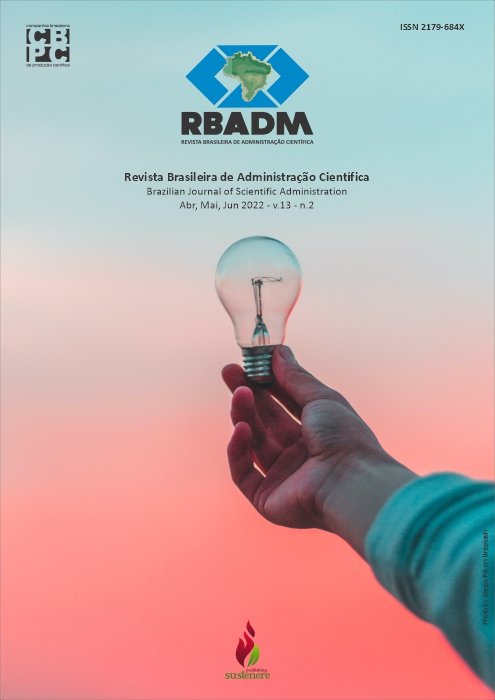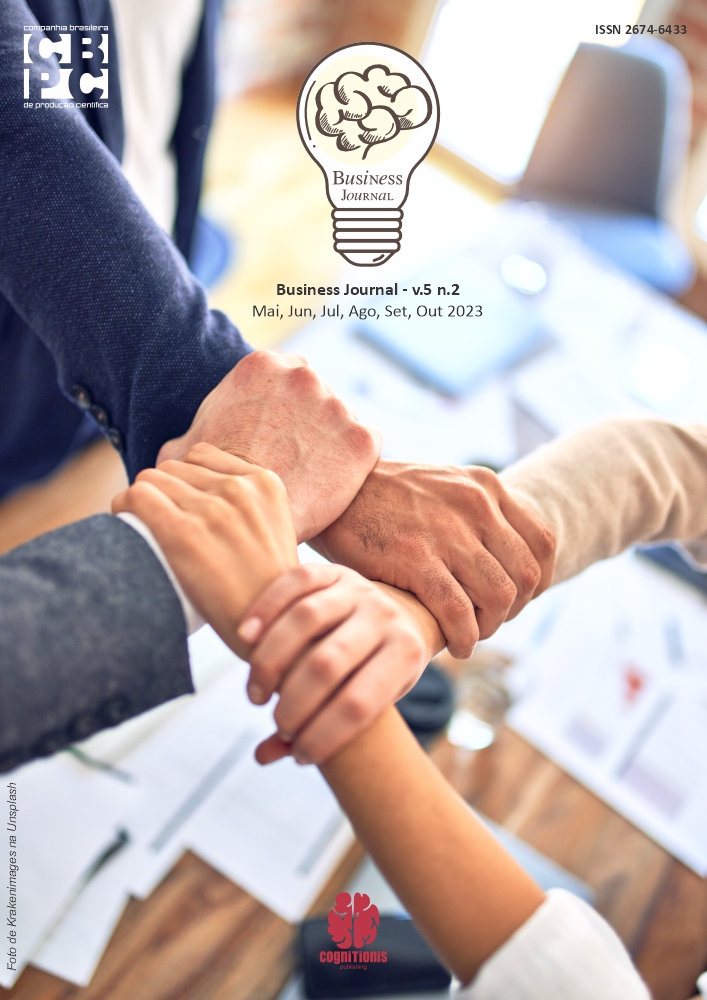Models and tools of Brazilian corporate controllership
DOI:
https://doi.org/10.6008/CBPC2179-684X.2022.002.0004Keywords:
Corporate controllership, Management accounting, Models, ToolsAbstract
Corporate controllership comes from management accounting and has been disseminated in Brazil among organization due to the importance it exerts in advising senior management with privileged information on planning and control for strategic decision-making. The objective of this article is to identify and describe the main models and tools adopted by controllership in Brazilian companies. For this, an exploratory bibliographical research in scientific articles and academic books was adopted to identify and describe the main models and most recurrent tools used by corporate controllership in Brazil. The results allowed the identification and description of 12 models and tools: Internal administrative controls; Management and accounting reports; Budget planning; Financial and accounting controls; Economic/financial/accounting assessment tools; Management information systems; Business and market intelligence systems; Audit; Quality controls; Tax planning and control; Balanced Scorecard and Compliance. These results serve as a subsidy for students, professionals and scholars of corporate controllership.
Downloads
Downloads
Published
Issue
Section
License
Copyright (c) 2023 Brazilian Journal of Scientific Administration

This work is licensed under a Creative Commons Attribution-NonCommercial-NoDerivatives 4.0 International License.
The CBPC - Companhia Brasileira de Produção Científica (Brazil CNPJ: 11.221.422/0001-03) the material rights of the published works. The rights relate to the publication of the work anywhere in the world, including rights to renewals, expansions and dissemination of the contribution, as well as other subsidiary rights. All electronically published works may subsequently be published in printed collections under the coordination of this company and / or its partners. The authors preserve the copyright, but are not allowed to publish the contribution in another medium, printed or digital, in Portuguese or in translation.









